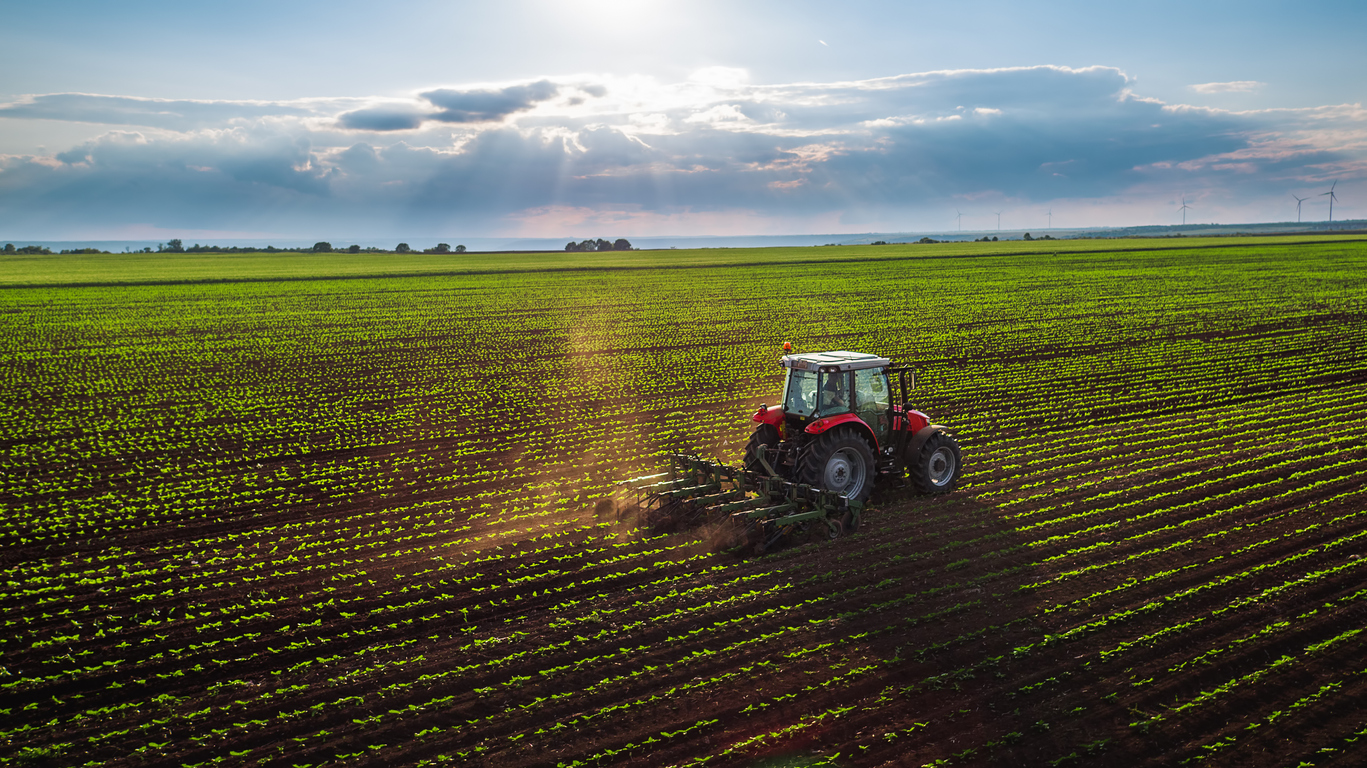What Is Agriculture? A Comprehensive Guide to the History and Science of Farming
What Is Agriculture? A Comprehensive Guide to the History and Science of Farming
Agriculture is one of humankind’s oldest and most essential endeavors. It has been around since ancient times, when the first farmers planted and harvested crops to sustain their families and communities. Agriculture has evolved over the centuries, but its core purpose remains the same: to produce food for people to consume. This comprehensive guide will explore the history and science of agriculture, from its origins to its modern-day applications. We’ll look at the different types of farming, from crop and livestock production to aquaculture, and examine the principles and technologies that have made agriculture a cornerstone of human civilization. Finally, we’ll explore the current state of the agricultural industry and discuss the ways in which it will continue to shape our lives in the future. Whether you are a farmer, a student, or just curious about the science behind our food, this guide will provide a comprehensive overview of the fascinating world of agriculture.
History of Agriculture
The history of agriculture can be traced back to the Neolithic Revolution, which occurred around 12,000 years ago when people began cultivating their own crops using rudimentary tools and techniques. The earliest evidence of agricultural activity comes from the Levant region, where people gathered and stored wild grains. They likely used stone tools to harvest and grind these grains, which were then mixed with water and formed into a doughy substance. This early form of granola was likely baked on hot stones, providing the first iteration of the agricultural staple we know today. The Agricultural Revolution, which occurred around 8,000 BC, marked the shift from subsistence farming to large-scale, commercial crop production. This period also saw the development of new technologies, including the plow and the use of manure as fertilizer. The Agricultural Revolution led to the rise of civilizations in many parts of the world, including the Middle East, Mediterranean, South Asia, and Northern China.
Types of Farming
– Crop Production: The production of crops, such as grains, legumes, fruits, and vegetables, for consumption is known as crop production. Crop production is often done on large-scale farms, where tractors and other machinery are used for planting and harvesting. – Livestock Production: The raising and breeding of animals for food, fiber, and other products is known as livestock production. The most common types of livestock are cattle, goats, and pigs, but other species, such- as sheep, poultry, and rabbits- are also widely raised for food. – Aquaculture: The cultivation of aquatic organisms, such as fish and plants, in ponds, tanks, or other bodies of water is known as aquaculture. The most common types of aquatic organisms cultivated for food include fish, shrimp, clams, and seaweed.
Principles and Technologies of Agriculture
– Water: Water is an essential element of all types of agriculture. It acts as a source of irrigation, a medium in which seeds are planted, a cooling source for livestock, and a source of drinking water for both humans and animals. – Soil: Soil is a combination of minerals and organic matter that provides structure for plants to grow, protects them from pests, and retains water and nutrients. Healthy soil can be rich in organic matter, have a pH between 5.5 and 7.5, and contain both sand and clay. – Plants: Plants, like other organisms, rely on light, water, and nutrients to survive. They use photosynthesis to produce their own food and emit carbon dioxide as waste. – Fertilizer: Fertilizer is an organic or synthetic substance applied to soil to enrich it and improve the growth of plants. Common types of fertilizer include manure, compost, and synthetic fertilizers made from minerals and chemicals. – Genetic Engineering: Genetic engineering is the process of introducing new genes into an organism to alter its traits, such as its color or texture, or to improve its productivity. This process is often used in agriculture to create pesticide-resistant plants and disease-free livestock. – Pests and Diseases: Pests are insects, rodents, and other organisms that damage crops and livestock with their presence. Diseases infect organisms and cause them to become unhealthy and die.
The Current State of the Agricultural Industry
The agricultural industry faces many challenges, including the growing threat of climate change and the depletion of natural resources. To combat these issues, farmers are turning to new technologies and innovative practices, such as the use of drones to survey crops and the development of genetically modified organisms (GMOs). As the population continues to grow, farmers will need to increase the amount of food they produce. Experts predict that the agricultural industry will be responsible for feeding as many as 10 billion people by 2050. To meet this rising demand, farmers will need to find ways to increase crop yields and use resources more efficiently. Some proposed solutions include the use of GMOs, the adoption of sustainable farming practices, and the expansion of aquaculture.
The Future of Agriculture
As the population continues to grow, the agricultural industry will face rising demand for food. Experts predict that farmers will need to increase crop yields and use resources more efficiently to meet this demand. To meet these challenges, farmers may expand aquaculture and increase the use of GMOs and sustainable farming practices. They may also rely on new technologies, such as the use of drones to survey crops, to ensure the future health of their crops. These challenges have given rise to a new field known as agroecology. The concept of agroecology can be traced back to the early 20th century, when proponents of ecological agriculture first began using the term. Today, this concept has gained renewed interest due to the growing threat of climate change and the depletion of natural resources.








LEAVE A COMMENT
You must be logged in to post a comment.